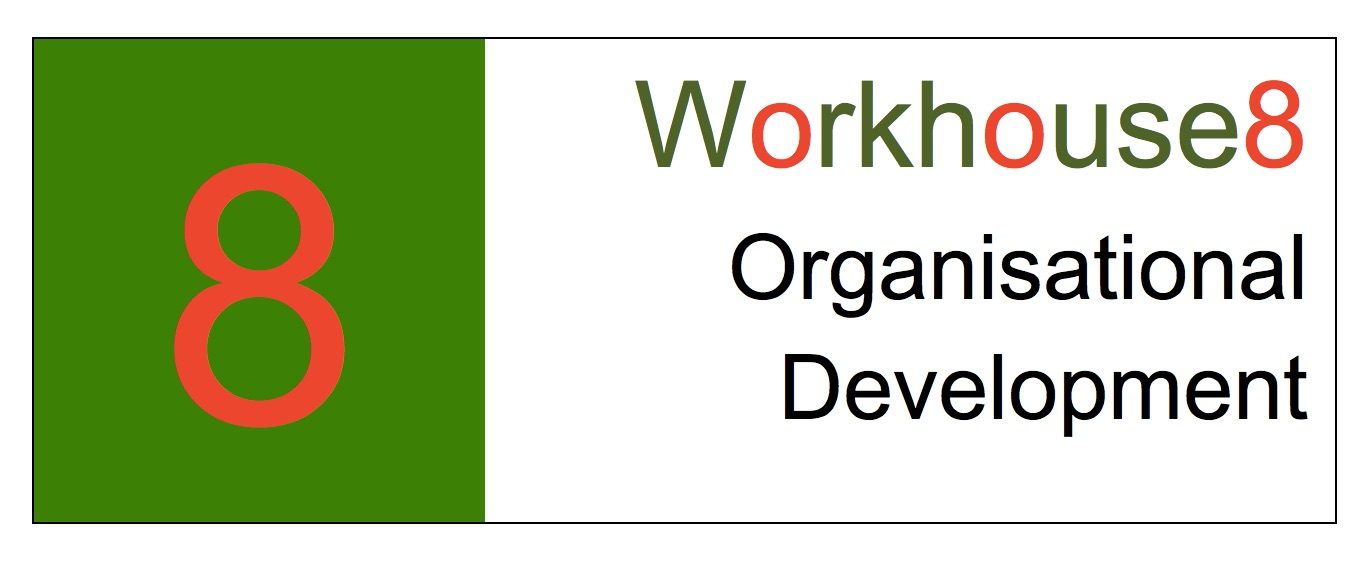
A challenge for those of us engaged in Leadership, Management and Organisational Development, especially when working with academics, clinicians and other highly educated people, is that clients are sometimes disappointed that the subject matter is not more intellectually novel and challenging.
“It’s all just Plato!”, barked an exasperated Senior Lecturer in Humanities. This put me on the back foot, because I wasn’t consciously aware of having read any Plato. So I read The Republic to see if he was right, and, for the most part, he was. It seems possible, indeed, that there is nothing new under the sun.
Of course there have been advances in our understanding of human behaviour over the centuries and these continue. We have shifted our conceptions of leadership from a fixation with the innate personality traits of (masculine) heroes to a more social/relational framework; through neuroscience we are discovering evidence of things that we could only previously hypothesise through behavioural psychology; we are opening our minds to the organisational implications of complexity theories. Indeed, it may be possible to find applications of almost every academic discipline to our understanding of leadership, management and organisations.
Maybe the primary task, like that of a good story teller, is to find fresh metaphors for old wisdoms; new language to set out “what oft was thought, but ne’er so well expressed.” Maybe, as illustrated in Gareth Morgan’s wonderful book Images of Organization, new metaphors can help us to learn new and important things about our working environments.
Or maybe it isn’t really about the intellect at all. Surely, the purpose of Leadership, Management and Organisational Development is to stimulate changes in behaviour, away from what inhibits people and towards what releases their energy and skill. Just as knowing the molecular structure of sea-water will not prevent us from drowning in it, merely understanding organisations does not necessarily make us any more competent at participating in them.
So we invite our clients to an experiential learning process, whereby they not only think and talk about leadership, management and organisations but they are stimulated to an emotional response and thereby to a behavioural response. We try to find ways of experiencing the subject matter that resonate with them, that energise them, that stimulate in them a desire to do things differently.
